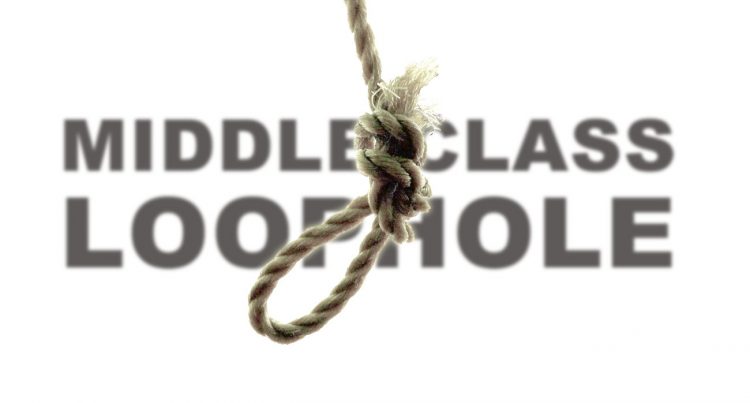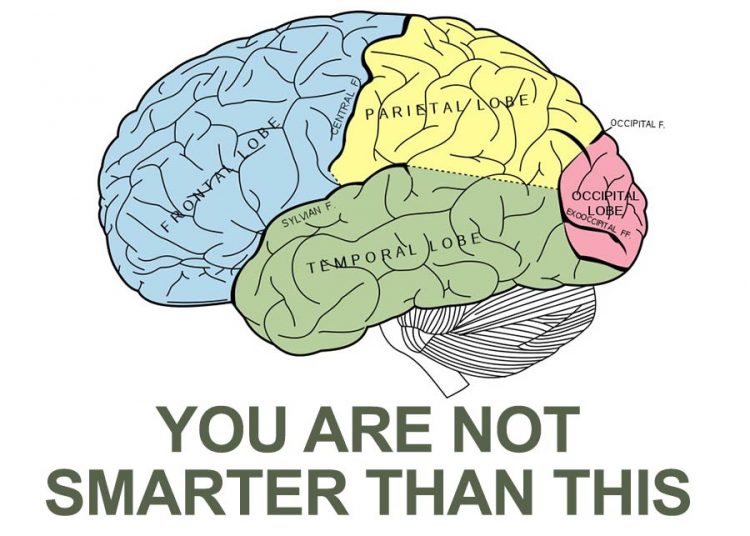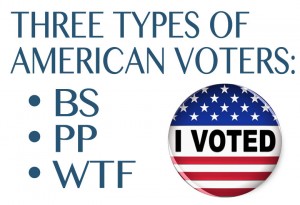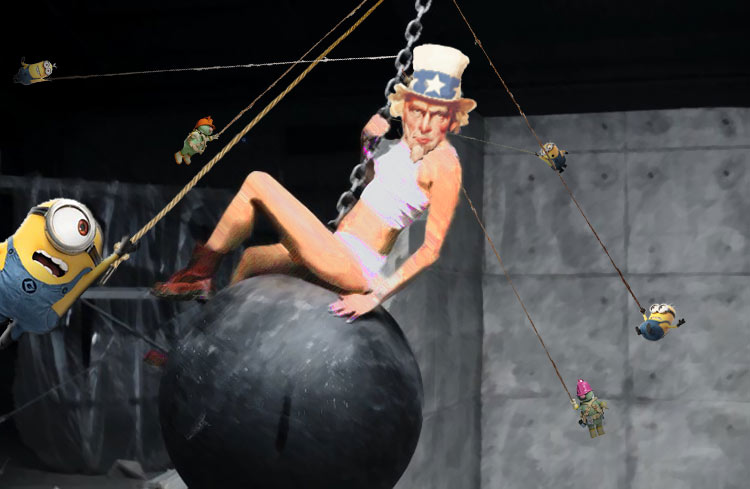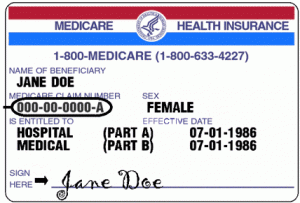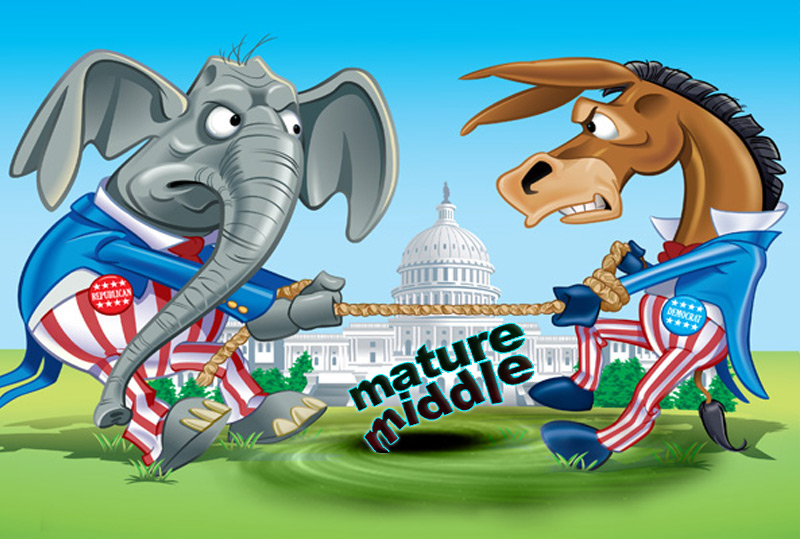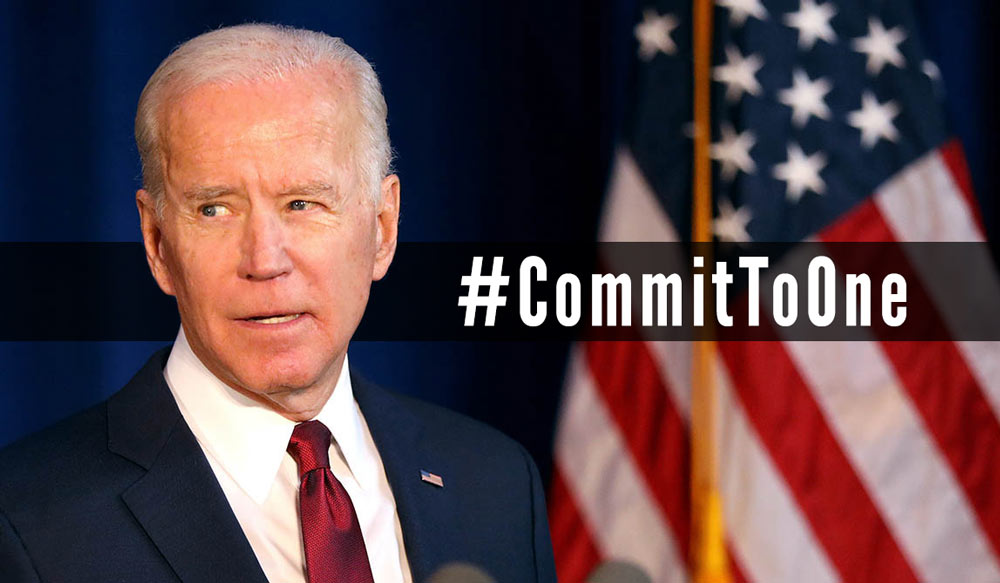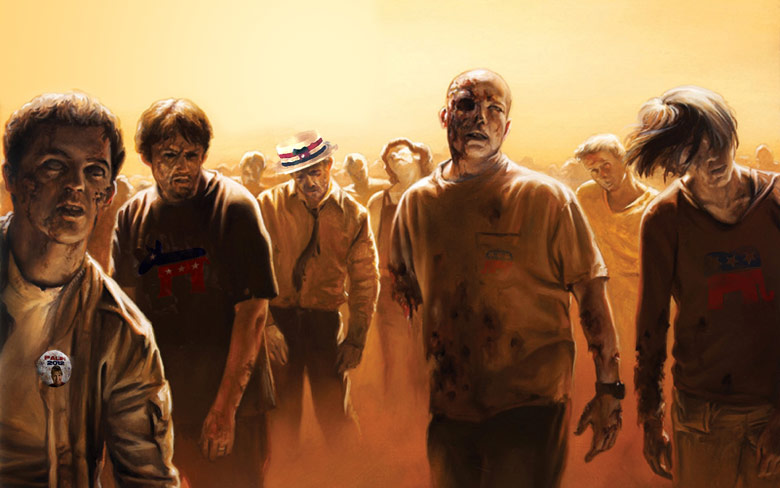 Zombies do like their brains. So, too, will the political scientists and strategists of the next generation of national campaigns (because let’s face it, zombies are expensive and not many local campaigns can afford to hire them – the dental coverage alone is cost prohibitive).
Zombies do like their brains. So, too, will the political scientists and strategists of the next generation of national campaigns (because let’s face it, zombies are expensive and not many local campaigns can afford to hire them – the dental coverage alone is cost prohibitive).
Maybe zombies and political operatives have something in common…
The story about the difference between the brains of Democrats and Republicans surfaced a little while ago, but it remains a fascinating tool to help us understand why political fights and policies end they way that they do in Washington.
Darren Schreiber of the University of Exeter claims to be able to identify hints of difference in how the brain reacts based on one’s values among groups of people.
And of course, it all started with a game of poker (or at least some form of gambling that would place those studied into risk-taking situations so that the researchers could track how peoples’ brains reacted differently).
At its core, both republicans and democrats take risks, but it’s the manner in which we judge and gauge those risks (or, rather, with which parts of the brain), that appears to create the distinct divide between the brains of republicans and democrats.
Republicans tend to use the parts of their brains that are linked to reward, fear, and risky decisions.
Democrats, on the other hand, tend to use parts of their brains that are linked to emotion and body language.
It all makes sense, doesn’t it? Particularly on one matter that is well known in US politics: democrats empathize in their policymaking, while republicans strategize for more power.
Everywhere you look: cutting funding for programs, creation of new programs, which political lobby a politician protects, gerrymandering congressional districts, re-allocating how electoral votes are delegated in a presidential election…. democrats empathize and republicans strategize.
Moreover, it seems that republicans “are more squeamish” and liberals pay less attention to negative stimuli than republicans do (well… Harry Reid might not… that man seems whipped lately). That would explain why the gun lobby has so much power over the Republican Party, when over 90% of US citizens want universal background checks, and yet republicans refuse to vote for it. Democrats just look sad, say they care, then pull a Harry Reid.
From the Huffington Post article on the Brains of Republicans vs. Democrats:
“Comparing the Democrat and Republican participants turned up differences in two brain regions: the right amygdala and the left posterior insula. Republicans showed more activity than Democrats in the right amygdala when making a risky decision. This brain region is important for processing fear, risk and reward.
“insula, a portion of the brain responsible for processing emotions, particularly visceral emotional cues from the body. The particular region of the insula that showed the heightened activity has also been linked with “theory of mind,” or the ability to understand what others might be thinking.”
It’s not necessarily about what our decisions actually are, it’s about how we make decisions. Do we process decisions in areas of our brain that focus on fear, anger, and risk management, or do we do it in a way that uses emotion, empathy and intuition?
Once we come to grips with how we make decisions, then we can better predict how best to manipulate the questions we ask to get the answers we want. Welcome to the new world of political messaging. Messages shaped specifically to exploit how we make decisions, not just what we may or may not believe. Tricky stuff.
… But now I have to figure out how this means the zombification of political strategy. Truth be known, I just saw brains and thought zombies would make for an interesting image, but now I’m stuck having to tie it in somehow…
While zombies like to consume brains (they have the same “bliss point” that snack food does, apparently), they also don’t operate with one when it comes to making decisions (if they even make decisions – admittedly I’m not a student of zombie culture so I’m flying blind here). The decision to groan, dribble down one’s chin, and stutter-step walk in any direction has nothing to do with a decision made by a zombie… it’s just what is. It’s what they do. It’s how zombies work. Sort of like the political brain. Once political scientists whittle this one down, the final decision of the voter might not even matter anymore. The catalyst for the decision to vote (in whatever form the politicos make it) is pre-determined by the manner in which the brain functions. How it decides, not what it wants to decide. Voters won’t vote one way or another because they decided to, they’ll vote because it’s simple like a zombie: it’s just how they work. Messy, gruesome, and singular.


